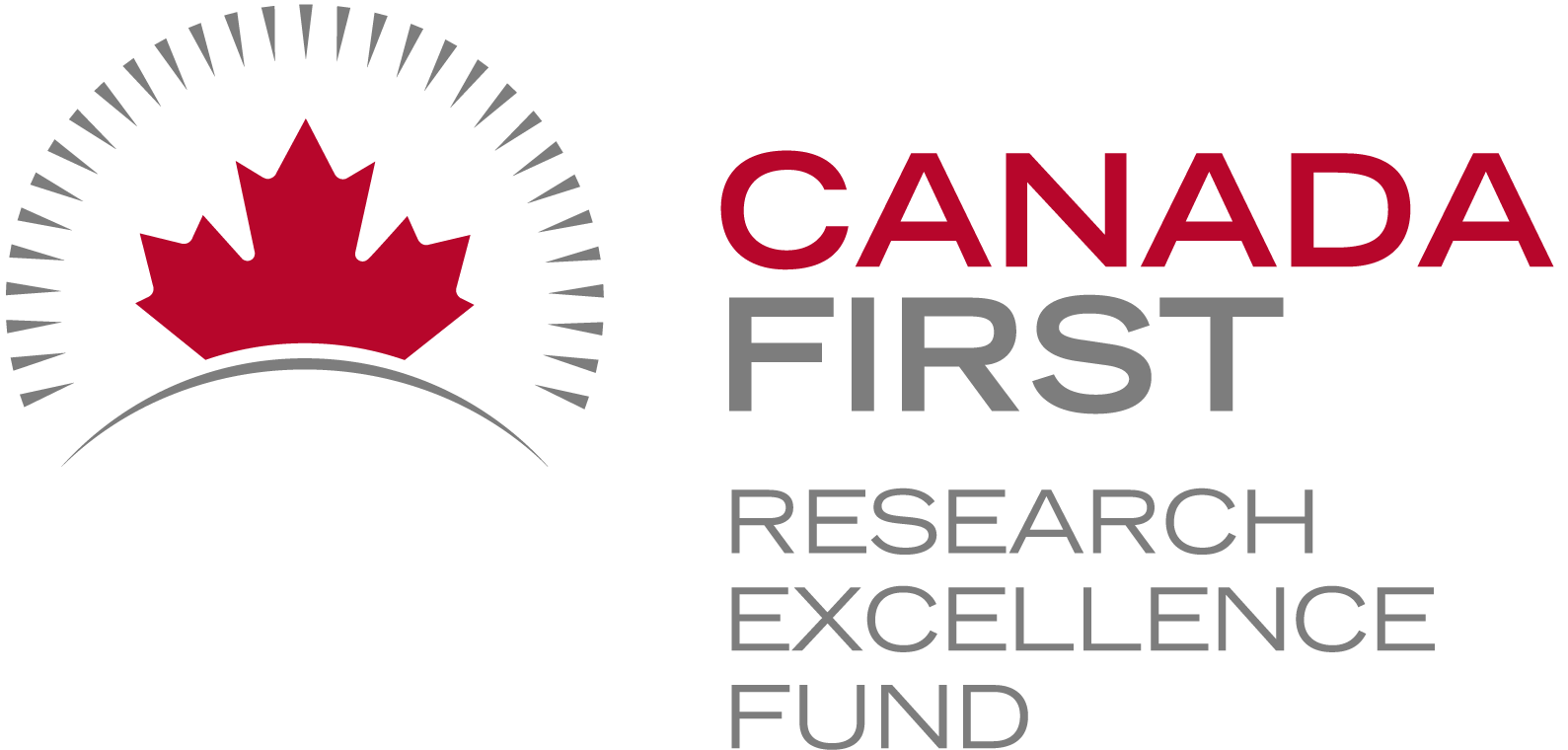Funding for Agri-food Data Canada is provided in part by the Canada First Research Excellence Fund
ADC Glossary
Agri-food Data Canada (ADC) – The organization overseeing the ADC Ecosystem.
ADC Ecosystem – The governed environment of Agri-food Data Canada. This includes the interoperable research infrastructure nodes of the ADC platform, training materials, communities of practice, harmonized resources, and recommendations for data and metadata standards.
ADC Platform – The interoperable research infrastructure of connected ADC nodes.
Catalogue – A curated collection of descriptions of datasets and/or other research data objects. The catalogue is created by collecting the catalogue metadata of the data objects represented in the catalogue.
Catalogue metadata – A specific type of metadata describing data object such that it can be catalogued and found. Catalogue metadata often includes fields like author, affiliation, contact information, data steward, date of creation, and data license.
Data – Factual information that has been collected together. All data are inherently structured according to a schema.
Data dictionary – A data dictionary can be considered part of the schema and it associates context with elements of the structure.
Data Entry Excel – An Excel sheet, specifically created for the purpose of data entry, which is generated from an OCA schema. The Data Entry Excel includes a summary tab which describes the dataset attributes as well as including drop-down lists from Entry Code tables included in the schema.
Data owner – A person who has authority to make decisions about the data object and is accountable for the quality and contents of the data object. A single person may be both data owner and steward.
Data Management Plan (DMP) – A comprehensive document which outlines a systematic approach to handle, organize, and preserve research data throughout the lifecycle of a research project.
Data Provenance – The documented history of the origin and transformations that a piece of data undergoes throughout its lifecycle providing a detailed and traceable record of data’s sources, processes, and interactions.
Data steward – One or more subject matter experts who are assigned to maintain the data object and are responsible to ensure that the needs of researchers for the data object are met. A single person may be both data owner and steward.
Entry Codes – Standardized labels or numeric representations assigned to different categories, responses, or variables to streamline data input and improve data accuracy and consistency. For example, the code “m” may be assigned for the “male” category in data entry.
Human Colossus Foundation (HCF) – A non-profit foundation that is, among other things, the hosting organization of the Overlays Capture Architecture standard for schemas.
Metadata or (meta)data – Data about data, structured by a schema. Metadata helps researchers use data and put the results in context for reuse, especially in cross-domain research. There can be multiple types of metadata describing a data resource and each serving a specific need. There is no clear line between data and metadata as one experiment’s metadata can become data for another user which is why it is sometimes referred to as (meta)data.
Node – Nodes are interoperable technology resources within the ADC ecosystem. They are uniquely identified and can serve multiple functions such as data repositories and portals, advanced computing resources, active data services, and ecosystem services such as data catalogues.
OCA Bundle – A dataset schema in OCA format is expressed as a collection of json files bound in a zip file. The zip file is referred to as an OCA Bundle.
OCA Excel Template – The OCA Excel Template is a template file in Excel that can be parsed to generate an OCA Bundle.
Overlays Capture Architecture (OCA) – Overlays Capture Architecture is a standard to describe machine-actionable data schemas developed by the Human Colossus Foundation. It features a layered architecture which enables various tasks of the schema to be split into task specific overlays.
Research Centre Data Portal – An ADC Node that houses select data from the research centre as part of the University of Guelph commitment to enhance the sharing and reuse of agricultural research data. When available, each research centre has their own data node.
Schema – A schema describes the structure of data. All data are structured according to a schema. Schemas may be ad-hoc and undocumented and may often be inferred from the structure of the data such as by examining column headers. More formally documented schemas increase the structure and usability of data, especially across disciplines.
Semantic Engine – The semantic engine is a suite of tools created by Agri-food Data Canada that help researchers add portable, machine-actionable meaning and context to their data.
Reference: doi 10.5683/SP3/HJEXY4



